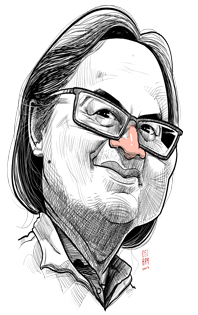versi Bahasa Indonesia
Kompas, 29 Maret 2022
Papua is now entering the new phase, with the central government issuing Law No. 2/2021 as an amendment to Law No. 21/2001 concerning special autonomy for the Papua province.
The implementation of the first 20-year phase of the Papuan special autonomy policy ended in 2021 and it is now entering the second phase (2022-2041). Thanks to the special autonomy policy that saw the administrative proliferation of provinces and regencies, Papuan educated elites, be they professionals, scientists and academics of various educational majors have received greater opportunities for political positions as local government heads or staff who have authority and control over financial resources and others.
A dissertation by anthropologist I Ngurah Suryawan (2020) titled Siasat Kuasa, Dinamika Pemekaran di Papua Barat (strategy of power, dynamics of administrative proliferation in West Papua) shed light on the Papuan ethnographic issues of the region’s latest development. During the first 20 years of special autonomy, the economic dualism in Papua did not change with the production capitalist system of mining extraction, forestry and plantations continue to expand. Land concessions, production relations, the deployment of technology and human resources formed economic extractive enclaves under the control of urban capitalists.
What JH Boeke referred in his 1953 book Economics and Economic Policy of Dual Societies, as Exemplified by Indonesia as the theory of economic dualism in Java during colonial times is also prevalent in Papua.

